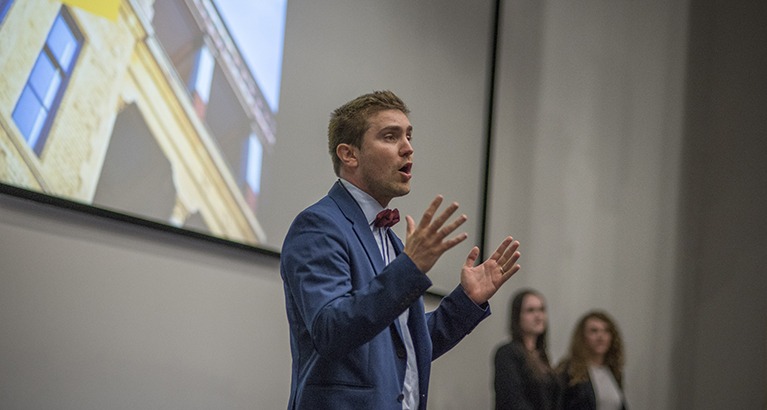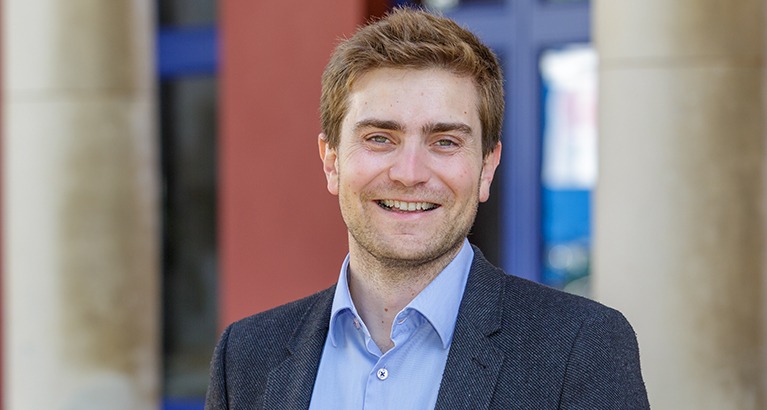The new Fellows of the London-based Academy of Social Sciences include academics and practitioners in fields ranging from urban governance to international law.
Academy Fellows help understanding of today’s societal challenges
“Our newly elected Fellows highlight the importance, breadth and relevance of the social sciences to understanding and tackling the varied challenges facing society today,” the Academy of Social Sciences said in announcing the new Fellows. “As well as excellence in research and professional use of social science, our new Fellows, who are drawn from a variety of backgrounds, disciplines and professions, have also made significant contributions beyond the academy, including to industry, policy and higher education.”
The Academy’s Fellowship is comprised of 1,600 leading social scientists from academia as well as the public, private and third sectors.
Research of Thomas Roulet ranges from leadership to wellbeing
Before becoming an academic, Thomas worked in financial trading in London and for the Center for Entrepreneurship at the Organization for Economic Cooperation and Development (OECD) in Paris. His academic work has included research on social stigma to leadership, and has recently focused on issues relating to mental health and workplace wellbeing. Thomas’s teaching at Cambridge Judge was honoured by the 2023 Pilkington Prize, awarded to the best teachers at the University of Cambridge.
Will Hutton, President of the Academy of Social Sciences, said: “It’s a pleasure to welcome these 45 leading social scientists to the Academy’s Fellowship. Their substantial contributions to social science and wider society have furthered our understanding of the social and environmental factors related to population health, changing cultures of inequality, children and young people’s experiences of gaming and gambling, the importance of diversity and inclusion in organisations, and how businesses can contribute to the sustainable development goals, amongst many others. We look forward to working with them to further promote the important role the social sciences play in our daily lives.”
Related content
The Academy of Social Sciences is the national academy of academics, practitioners and learned societies in social science. The sector’s leading independent voice in the UK, the academy champions the vital role social sciences play in education, government and business.





